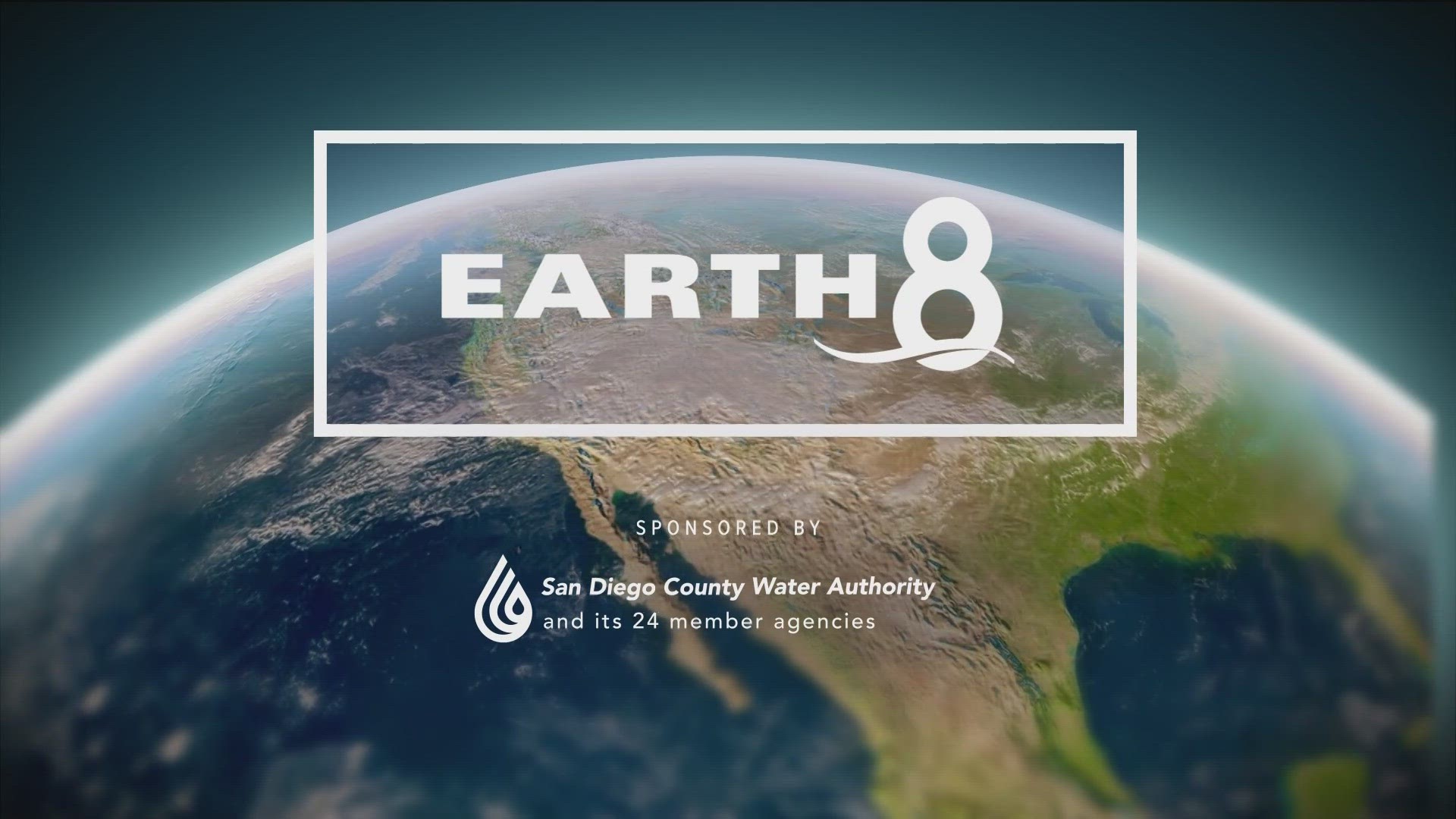SAN DIEGO — The Tijuana River Valley is known for its ranches and horseback riding, but the area has been tainted by sewage for decades.
In this Earth 8 report, Neda Iranpour goes to Surfside Ranch near the border, to see how the worsening sewage crisis is affecting the horses.
They have about 30 horses at Surfside Ranch in the Tijuana River Valley. Many of these beautiful majestic animals who live and are cared for at the ranch, are also available for horseback riding.
Which is what a father and daughter were there to do. They booked a one-hour trail ride to enjoy some quality time together out in nature, “Birthday present, it’s my birthday present… last time we rented a motorcycle this time a horse.”
As they saddle up and head out, their ride is limited to the trail along the Tijuana River, an area popular for equestrians that can lead to the beach. But that beach route is not taken as frequently.
Betty Barnes, the owner of Surfside Ranch tells us they’ve had to make changes in horseback riding bookings since the sewage crisis in the South Bay has worsened, “when they closed the beach totally, we lost revenue because we couldn’t go.”
The south side of Imperial Beach has had signs warning of contamination from Mexico’s sewage for nearly 700 days, that’s nearly 2 years straight.
“We couldn’t stage at the beach. They have to come here and go for one hour to the beach then come back in an hour,” Barnes said.
They also have to be sure to clean their horses, their hooves, and all around, after each ride to clear off any harmful bacteria.
“One of the horses, the water was really bad so he got an infection and we spent about 2-thousand dollars to fix it the hoof especially,” Barnes explained.
In January of 2023, Chopper 8 captured video of all of the ranches near Hollister and Monument roads covered in several feet of flood water.
A rescuer said some of the horses had water up to their chest. Dozens of horses had to be rescued, with border patrol agents helping get 27 horses out of danger.
Barnes remembers the harsh rainy season well, “the most danger is when it floods.”
And no one knows what the long-term effects might be but they do know they want it to be safe. Barnes said, “I think something should be done,” for their many animals.
“We have horses, donkey, goat, alpaca, lamb. There's a total of 40 animals. There is one duck. The duck quacks a lot, quack quack quack, he won’t stop.”
Barnes is also proud to show us the newest baby on the ranch. “this is baby from DeeDee.”
Barnes and her crew, mostly all family members take great pride in what they do and they want their guests to be able to enjoy a lovely escape, minus the stench and threat of pollution.

